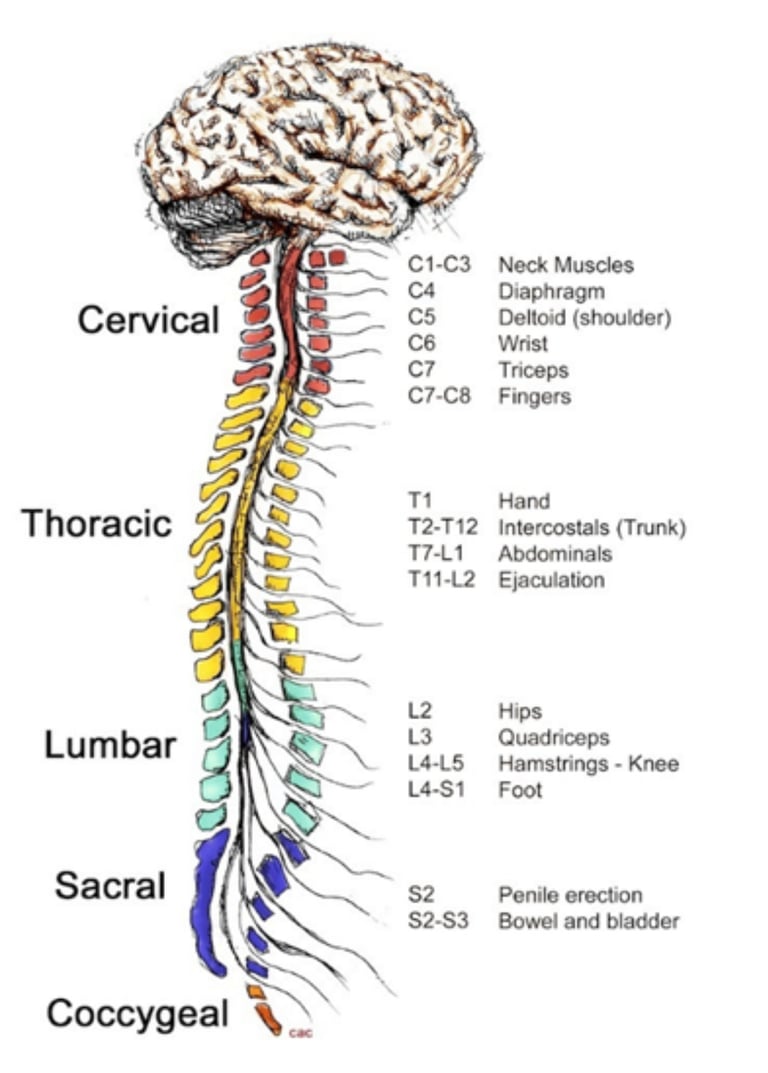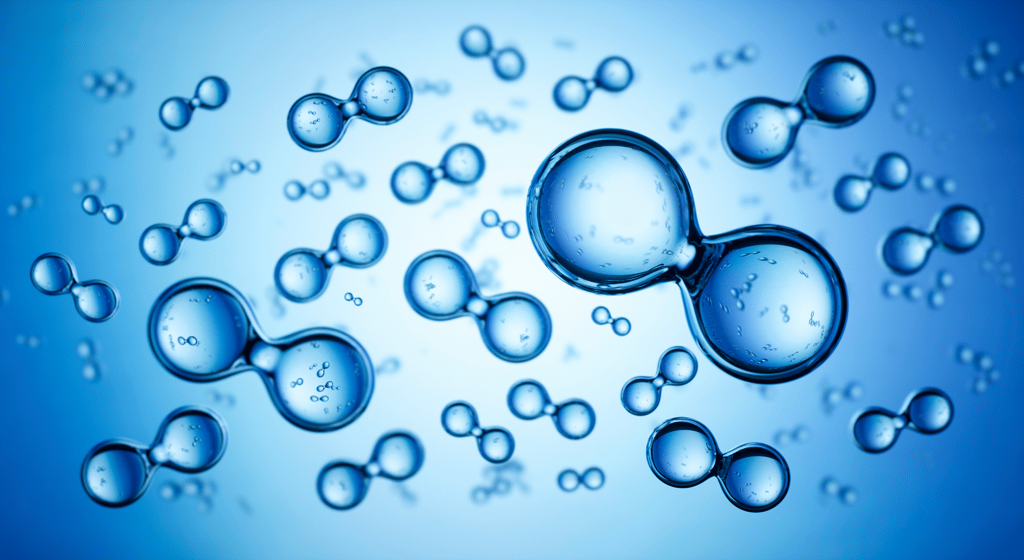
About Central Nervous System Diseases


From a biological and life-sustaining perspective, the central nervous system (brain and spinal cord) is often considered the most crucial system in the human body.
It is the body's "commander-in-chief," coordinating the activities of all other bodily systems, including: touch, breathing, heartbeat, thought, emotions, and memory. The central nervous system can be likened to a central government, responsible for all high-level decision-making and command.
However, its survival and effective operation are entirely dependent on the health and support of all other systems. Their relationship is one of "supreme commander" and "indispensable executive and support team," together forming a complete and indivisible living organism.
Common Central Nervous System Diseases
Central nervous system (CNS) diseases are a class of disorders affecting the brain and spinal cord. They are diverse, with varying causes, symptoms, and treatments. Common diseases include:
Alzheimer's Disease
Parkinson's Disease
Amyotrophic Lateral Sclerosis (ALS)
Depression
Cerebrovascular Diseases
Meningitis
Sleep Disorders
Attention Deficit Hyperactivity Disorder (ADHD)




Epilepsy
Migraines
Anxiety Disorders
Autism Spectrum Disorder (ASD)
The Role of Hydrogen Gas in Neurological Diseases
The core mechanisms by which hydrogen gas acts on the nervous system primarily include:
Due to its small size, the hydrogen molecule can rapidly cross the blood-brain barrier and cell membranes, reaching intracellular spaces, including the mitochondria.
It can selectively neutralize toxic reactive oxygen species (like hydroxyl radicals (OH⋅) and peroxynitrite anion (ONOO−)), which are considered major culprits of oxidative damage to nerve cells.
Unlike other antioxidants, hydrogen doesn't affect the physiologically essential reactive oxygen signaling molecules.
Selective Antioxidant Effect
Anti-apoptotic and Neuro-regenerative Effects
After nerve injuries like ischemia or trauma, apoptosis (programmed cell death) is a major cause of significant neuron loss.
Studies have shown that hydrogen can provide protection by inhibiting nerve cell apoptosis and may also promote axonal regeneration and functional neurological recovery.
Anti-inflammatory Effect
Neuroinflammation is a key pathological process in many neurological diseases, such as stroke, Alzheimer's disease, and Parkinson's disease.
Hydrogen gas can inhibit the production and release of inflammatory cytokines (like TNF−α, IL−6, etc.), thereby reducing the inflammatory response in neural tissue.
Signal Pathway Regulation
Hydrogen gas can also exert a neuroprotective effect by regulating various signaling pathways related to oxidative stress, inflammation, and cell survival (such as NF−κB).


Potential Therapeutic Applications
Acute Neurological Injuries
Parkinson's Disease (PD)
Alzheimer's Disease (AD)
Studies in animal models suggest that drinking hydrogen-rich water may delay the progression of Parkinson's disease by protecting dopaminergic neurons.


Based on its protective mechanisms, hydrogen has shown positive effects in animal models and some clinical trials for a range of neurological diseases, including:
Hydrogen has been shown to reduce cerebral ischemia-reperfusion injury, decrease neuronal apoptosis, and mitigate hippocampal damage, which improves neurological function.
Stroke / Cerebral Ischemia-Reperfusion Injury
Traumatic Brain Injury and Spinal Cord Injury
Hydrogen may offer protection by preventing cell death (apoptosis) and promoting the recovery of neurological function.
Neurodegenerative Diseases


While Alzheimer's is primarily characterized by the abnormal accumulation of Aβ and Tau proteins, oxidative stress and inflammation play a significant role in its progression. Hydrogen's antioxidant and anti-inflammatory properties make it a potential therapeutic option.
Hydrogen has also been investigated in research on disorders such as autoimmune encephalomyelitis and related conditions.
The Role of Amino Acids in Neurological Diseases
Amino acids are the fundamental building blocks of proteins, but in the nervous system, their function extends far beyond that. Many amino acids are themselves important neurotransmitters or their precursors, directly involved in the transmission and regulation of nerve signals. As a result, they play a key role in the onset and progression of various neurological diseases.
Glutamate is the primary excitatory neurotransmitter in the CNS, involved in crucial functions like learning, memory, and synaptic plasticity.
The pathological processes of many neurodegenerative diseases, such as Alzheimer's and Parkinson's disease, are also linked to a dysregulated glutamate system.
Excitatory Amino Acids
Gamma-aminobutyric acid (GABA) is the main inhibitory neurotransmitter in the brain. It maintains stability by suppressing excessive neuronal excitation. Many sedatives and anti-epileptic drugs work by enhancing GABA's effects.
Glycine is the principal inhibitory neurotransmitter in the spinal cord, playing a key role in motor control and sensory processing.


Amino Acids as Neurotransmitters
1.
There are two main classes of amino acid neurotransmitters in the central nervous system that are responsible for maintaining the balance between excitation and inhibition in the brain:
Amino Acids as Neurotransmitters
Inhibitory Amino Acids
Studies suggest that a low-protein diet may accelerate brain degeneration in mouse models of Alzheimer's disease.
Supplementing with a specific amino acid combination (such as Amino LP7) has been found in animal models to inhibit neuronal death, reduce brain atrophy, and potentially slow cognitive decline. While this doesn't directly clear the hallmark Tau protein aggregates, it offers another way to protect nerve cells.
Alzheimer's Disease (AD)
Amino Acids and Neurodegenerative Diseases
2.
In neurodegenerative diseases, a metabolic imbalance or disorder of specific amino acids is considered a potential pathogenic factor, while supplementing certain amino acids may have neuroprotective effects.
Parkinson's Disease (PD)




Tyrosine is a precursor for dopamine synthesis, and the core pathology of Parkinson's disease is the degeneration of dopaminergic neurons. Therefore, tyrosine intake and metabolism are especially important in Parkinson's disease.
Levodopa (L-Dopa), a primary medication for treating Parkinson's disease, is an amino acid that can cross the blood-brain barrier and be converted into dopamine in the brain.
Amino acids also play an indispensable role in mental illness, particularly as precursors to neurotransmitters involved in mood and cognitive function.
Amino Acids and Mental Illness
3.


Tryptophan is an essential amino acid and the sole precursor for the synthesis of serotonin, a crucial neurotransmitter for mood regulation.
A deficiency or abnormal metabolism of tryptophan directly impacts serotonin synthesis, which is closely linked to the development and progression of depression and anxiety disorders.
Branched-chain amino acids, such as leucine, isoleucine, and valine, have been found to be associated with symptoms of certain neurological disorders like hepatic encephalopathy and autism.
For instance, in some studies, the blood levels of BCAAs may change in patients with Parkinson's disease, and regulating these levels could help alleviate some symptoms.
Branched-Chain Amino Acids (BCAAs) and Mental Illness
Tryptophan and Depression
Bio Young Wellness
Look Young, Feel Young, Stay Young
Contact Us
Bio Young Wellness Sdn. Bhd. @ 2024. All rights reserved.
support@bioyoungwellness.com
Quick Links
202101020499(1420799-P)
